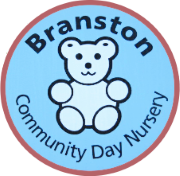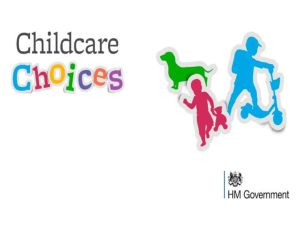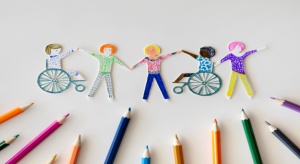The Early Years Foundation Stage (EYFS)
Every child deserves the best possible start in life and that support enables them to fulfil their potential. Children develop quickly in the early years and a child’s experiences from birth to five have a major impact on their future.
The Early Years Foundation Stage (EYFS) sets the standards to ensure that children learn and develop well and are kept healthy and safe.
The EYFS seeks to provide:
- Quality and consistency in all early years settings, so that every child makes good progress and no child gets left behind;
- A secure foundation through learning and development opportunities which are planned around the needs and interests of each individual child and are assessed and reviewed regularly;
- Partnership working between practitioners and with parents and/or carers;
- Equality of opportunity and anti-discriminatory practice, ensuring that every child is included and supported
- The areas of learning and development must shape activities and experiences for children in all early years settings;
The Learning and Development requirements cover:
- The areas of learning and development must shape activities and experiences for children in all early years settings;
- The early learning goals that providers must help children to work towards;
- Assessment arrangements for measuring progress;
Overarching Principles:
- Every child is a unique child who is constantly learning and can be resilient, capable, confident ans self assured;
- Children learn to be strong and independent through positive relationships;
- Children learn and develop well in enabling environments in which their experiences respond to their individual needs and there is a strong partnership between practitioner and parents and/or carers;
- Children develop and learn in different ways and at different rates.
The EYFS covers the education and care of all children in early years provision including children with special educational needs and disabilities.
There are seven areas of learning and development that shape our educational programme. All areas of learning and development are important and inter-connected. Three areas are particularly crucial for igniting children’s curiosity and enthusiasm for learning, and for building their capacity to learn, form relationships and thrive. The prime areas are:
- Communication and language;
- Physical development;
- Personal, social and emotional development.
The nursery will also support children in four specific areas, through which the three prime areas are strengthened and applied. These are:
- Literacy;
- Mathematics;
- Understanding the World;
- Expressive arts and design.
Useful Numbers
Child Care Choices
For families in receipt of additional government funding, follow the link to what is on offer.
www.childcarechoices.gov.uk
Lincolnshire Local Offer
Here you can find lots of information and services for children in Lincolnshire with SEND local offer – Lincolnshire county council.
Fussy eaters
BBC Tiny Happy people have an article here about fussy eaters if you need any tips or advice: Top tips to get your fussy toddlers to eat BBC Tiny Happy People.
Lincolnshire Parent Carer Forum
Do you have a child with an addition need ? LPCF is a local charity who ensures that all services for SEND meets the need of young people.





